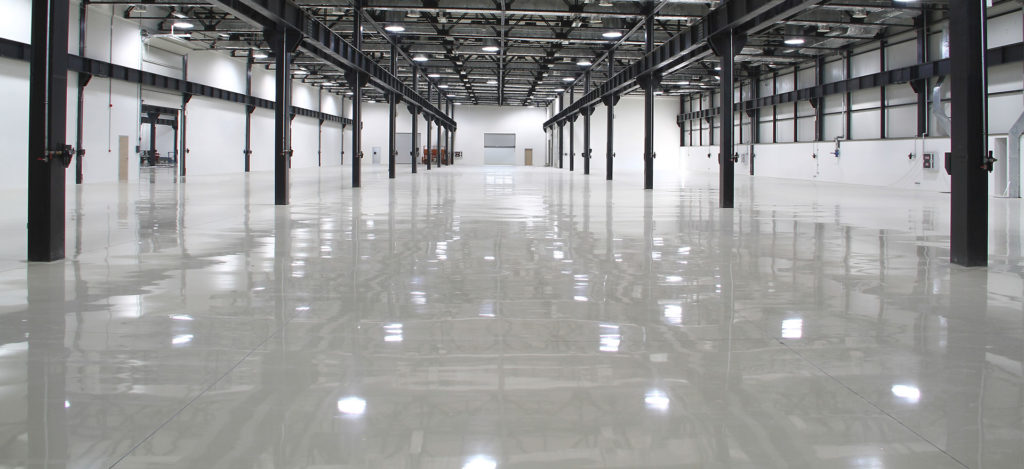Economical air heating of the pellet workshop
Air heating of a workshop is a justified, demanded, but often criticized solution. A flare is ideal for its organization. pellet burner or a pellet boiler supporting volumetric combustion technology. Moreover, experts recommend preparing the coolant without directly heating the air, but using a water circuit for fan heaters.
It is worth noting that a pellet burner is a design feature that distinguishes a conventional solid fuel boiler from a pellet boiler. Of course, this is conditional, since foreign manufacturers offer heating equipment, literally stuffed with technological gadgets. And the automatic pellet torch burner is just one of the technologies to generate efficient heat.
However, a modular flare burner is what a pellet boiler can do out of your solid fuel boiler. The technology is characterized by high efficiency and allows you to extract a maximum of kilowatts from granular fuel. For this, two technologies are usually used - bulk combustion and pyrolysis afterburner... This means that, for example, with a FOCUS pellet burner of our production, you will receive the heat of the maximum calorific value, it will only be necessary to transfer it to the local heating point.
Pellet boilers for air heating of a workshop
Air heating of a workshop with direct preparation of hot air can be based on the operation of the cheapest pellet boiler. What does this mean? First of all, the presence of an air supply chamber with air ducts and gravitational supply of pellets. The design is quite economical, but it is suitable for air heating of a small workshop.
If the advantages include the price pellet boiler of the last generation, then the disadvantages are as follows:
- difficult-to-control heating process;
- large heat loss when warm air moves through the air ducts during kindling;
- insufficient pellet reservoir for heating in industrial volumes.
The main disadvantage is the loss of heat when hot air moves through the ducts. In practice, it turns out that the water circuit used for air heating retains heat better in the thermal insulation.
Boilers with pellet burner and water circuit
The most affordable and traditional model is considered to be boilers with a pellet burner with a water circuit. This solution can provide air heating of the workshop with minimal heat loss. The water circuit is supplied to local heat supply points. They are organized with the help of Ukrainian ATOM fan heaters. Compared to the popular VOLCANO brand, they are more powerful. Fan heaters of 40 kW are well suited for air heating of a workshop.
In addition, the water circuit can be used to create thermal curtains at the entrance to the workshop. Such openings are usually the main cause of heat loss.
Disadvantages of air heating: how to fix
The fact is that air heating is used for industrial premises, but experts and users emphasize some disadvantages. Workshops are fast-cooling rooms, so other types of heating are simply not suitable.
Cons of air heating of workshops:
- warm air quickly rises to the ceiling of the room;
- warm air accumulates against the walls, the center of a large area remains cold.
How to eliminate the disadvantages of air heating:
- using pellet burners FOCUS increased power, four types of heating can be organized in the workshop - air, water, underfloor heating and curtains. All four types will operate on a water circuit. This solution will help heat the center of the room and maintain a comfortable temperature;
- air sampling points should be made at the ceiling to recirculate heat in the system.
Small additions to the project, in combination with the climate control system, will automatically control the microclimate parameters of the workshop.
The savings when switching to pellets from gas heating is 50%.

